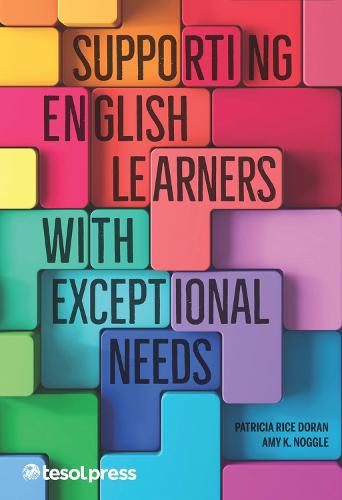Educators working with English learners face challenges beyond teaching academic content in languages new to the students. The added layer of problem-solving for those who may have exceptional needs and providing the appropriate support can be a complex process that involves careful decision making. This book provides a discussion of strengths-based and deficit-based mindsets, collaborative problem-solving, and universal supports for curriculum access. Discover the importance of problem-solving processes at all levels, inclusive approaches to education, and a commitment to appropriate special education identification. Each chapter includes vignettes, discussion of key concepts, practical approaches and strategies, and reflection or discussion questions.
Explore the topics of:
A strengths-based approach to considering English learners, their abilities, and needs Policies that affect English learners and how they intersect in day-to-day practice Structures present in responsive, culturally sustaining schools and classrooms Targeted supports and response-to-intervention practices for English learners with academic or behavioral needs Recommended assessment and identification practices for English learners and more!





